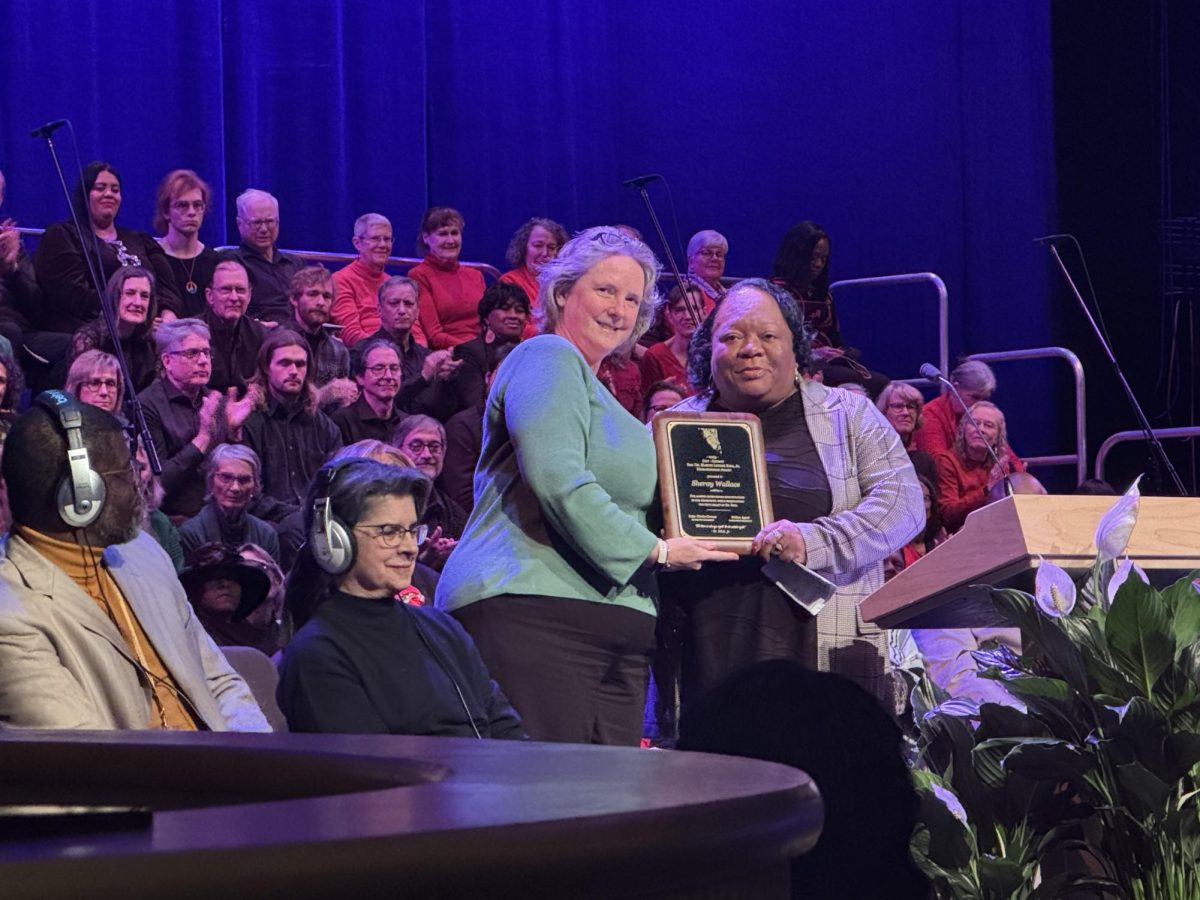University of Wisconsin experts discussed various aspects of the coronavirus pandemic Thursday evening to inform the public of the importance of social distancing and the origins of infectious diseases.
UW Communications relations specialist Veronica Rueckert moderated the panel, which consisted of seven panelists who gave short presentations covering the health and scientific aspects, financial consequences and mental health consequences related to COVID-19.
UW Mathematics Professor Jordan Ellenberg presented various graphic models to discuss how citizens should interpret peak projections of the spread of COVID-19. Ellenberg said it is important to consider the novelty of the virus, and citizens should interpret the graphs presented to them as projections, not predictions.
“Right now we have to accept a lot of uncertainties,” Ellenberg said. “We should try to understand these models qualitatively, not quantitatively.”
According to Chair of UW Department of Life Sciences Communication, Dominique Brossard, Wisconsin residents are at large complying with social distancing orders. Brossard said this was true across the political spectrum, and most residents do so in hopes of protecting their loved ones. Those experiencing difficulties commonly struggle with financial hardship and mental health, according to Brossard.
Brossard said the decrease in COVID-19 cases as a result of social distancing does not necessarily mean the virus is going away. According to Brossard, it is important to acknowledge the limits of what scientists can do — the science found to be true today may be proven wrong tomorrow.
“All of us need to acknowledge the limits of what we can do. Models are models,” Brossard said. “As we know more about the virus, the models and what they mean will change, and that’s okay.”
Ron Stewart, UW Associate Director of Bioinformatics, said researchers are exploring two strategies to find a treatment for the virus — text mining to look for drugs and gene expression in severe and mild cases. Despite some progress, Stewart said findings should be taken with a grain of salt, and the findings still need extensive experimentation.
According to Director of UW Global Health Institute Jonathan Patz, disruptions of habitats by humans is just one of the environmental underpinnings of the pandemic.
In fact, Patz said, this event should come as no surprise. Increased habitat disruption increases the likelihood of human exposure, which makes events such as a pandemic more likely, according to Patz. Patz said the important questions to ask now are, how do we prevent the next pandemic? Do we invest into old technology or a cleaner economy?
Post-doctoral student in the UW Department of Psychology Karen Smith said the lack of controllability and predictability of the pandemic is the perfect recipe for extreme feelings contributing to stress. According to Smith, focusing on smaller tasks can help alleviate some of this stress.
“There isn’t a one-size-fits-all solution that is going to work for everyone,” Smith said. “Accept that you can’t change the larger picture, but you do have control of smaller aspects of your daily routine.”














